Three ways to scrape data from Facebook include manual extraction, integrating Meta’s Graph API, or using Facebook scraper tools.
While manual extraction is impractical for numerous web pages, Graph API has limited data access and strict scraping limits. So, large-scale scraping of various data points is most easily manageable with specialized data scraping software.
If that sounds like one of your projects, this guide will help you choose the right Facebook scraping tool. We highlight the factors to consider when filtering out your options and review the top five Facebook scrapers available.
How To Choose the Best Facebook Scraper
To rate tools objectively, we took a comprehensive approach that involved:
- 💉 Testing dozens of Facebook scrapers to analyze their strengths and weaknesses
- 🎤 Consulting industry experts and influencers for their opinions and perspectives
- 🗣️ Analyzing reviews on platforms like G2, Capterra, and Product Hunt to understand what users think about each scraper
Still, each Facebook scraper we shortlisted has different strengths and weaknesses, so they may not work for everyone. To zero in on the right tool for you, consider the following factors as you assess your options:
Types of Data Scrapers
Aside from the factors above, consider the level of coding necessary to operate the tool. Building your scraper from scratch is typically only viable when you need rare functionalities you can’t find with ready-made solutions.
Pre-built tools are great for most data scraping projects, whether for lead generation, market analysis, or competitor research. Among them, you can choose between two primary types:
- ✅ Specialized tools—Target specific platforms and have features tailored to scraping data from them
- ✅ General-purpose tools—Can handle various types of websites and let you collect data from more than one source
While a specialized Facebook scraper may have additional features to surpass Facebook’s anti-scraping measures, using one may result in being blocked or sued—depending on the type of data you collect.
While Facebook prohibits any automated web scraping without explicit permission, extracting publicly available data is legal. ⚖️
💡 Bonus read: Find websites that allow web scraping and collect data responsibly.
Best Facebook Scraping Tools—Our Top 5 Picks
Considering all of the above, here are the top five Facebook scraper tools:
- Clay
- PhantomBuster
- Bardeen
- Octoparse
- Bright Data
1. Clay

Clay is a comprehensive data providing and data enrichment platform that offers numerous options for scraping Facebook, and any other website, for that matter. Among Clay’s 100+ integrations, you’ll find Facebook.
All you have to do is provide a company’s domain or Facebook page URL, and Clay will deliver data points like:
- Name
- Description
- Likes
- Follows
- Check-ins
- URL
If you’re up for a more comprehensive scraping task and want to scrape other data points, you’ll love Claygent and the Chrome extension. Claygent is an AI web scraper that can visit any website and extract the data you need. Instruct the assistant using natural language prompts, similar to ChatGPT, and it will find and extract the info in no time. ⚡

The Chrome extension lets you scrape Facebook data as you browse. When you open a web page, it either detects and collects the data automatically or lets you select the elements you need and add them to your Clay table in one or two clicks. 🖱️
After scraping, you can use Clay’s extensive data enrichment capabilities to improve the quality of the results, using information from over 50 databases.
While Clay doesn’t currently offer templates for Facebook specifically, the platform has numerous other templates that come with pre-built Clay tables and automations to collect data points, such as a company’s open roles and employees and Indeed job listings.
In terms of pricing, Clay offers a free forever plan and a 14-day free trial for its highest-priced tier. Once you fall in love with the features, you can choose between four paid plans:
- Starter—$149/month
- Explorer—$349/month
- Pro—$800/month
- Enterprise—Custom pricing
As for user reviews, many are impressed with the platform’s feature versatility and variety of use cases. Others praise the platform’s speed and appreciate the seamless user experience from a non-technical business perspective.
💡 Bonus read: Learn how to scrape emails from Facebook or Instagram.
2. PhantomBuster

PhantomBuster is a tech company that offers no-code scraping tools called Phantoms. The Facebook Profile Scraper Phantom can extract all public data from a profile URL or a list of URLs and deliver them in CSV, JSON, or Excel file formats. Some of the data points you can extract include:
- Name
- Education
- Phone numbers
- Employment history
If this doesn’t meet your data extraction needs, you can request the Phantom Store team to develop a custom Facebook scraper for you. 💻
You can also chain Phantoms to automate a series of actions or processes. For example, you can chain the Facebook Profile Scraper and Facebook Group Members Export Phantoms to collect the profile URLs of the members of a group and extract their details. You can do all this without being detected as the Phantoms run on the cloud and use proxies to mask your IP address. ☁️
After scraping, you can use PhantomBuster’s contact enrichment to fill the gaps in your results, then use lead outreach Phantoms to send personalized messages to each contact.
To test the Phantoms, you can sign up for a 14-day free trial. As for the paid plans, the platform offers the following options:
- Starter—$69/month
- Pro—$159/month
- Team—$439/month
That said, users frequently mention the trial version, noting that it is too limited to get a feel for the platform before committing. The platform may also feel overwhelming for new users. 😫
💡 Pro tip: Leverage Clay’s PhantomBuster integration to get the most out of both feature sets without paying for separate subscriptions.
3. Bardeen

Bardeen is a workflow automation platform that uses AI to automate repetitive tasks like scraping Facebook. It offers more than 1,000 ready-made automations for various purposes, such as:
- Get Facebook profile page info from a list of links in Microsoft Excel
- Create HubSpot contact based on the current Facebook page
- Get Facebook profile page info from a list of links in Google Sheets
In addition to the ready-made Facebook scraping tools, Bardeen lets you build custom automations in two ways—using the no-code builder or the Magic Box.
The no-code builder lets you click on the elements you want to extract from a page and save the actions as a reusable template, while the Magic Box lets you type in your desired workflow using natural language and generates the automation you need. 🗣️
Another unique selling point of Bardeen is the proactive Automation Assistant that observes and learns from your workflows to build hyper-personalized automations. After that, you can leverage one of the integrations like Cruchbase, Clearbit, and Google Travel to enrich your results.
Bardeen offers a free-forever plan for individuals and small teams, but if you need more functionalities, you’d need to opt for one of the paid plans with adjustable numbers of credits:
- Professional—$15–$8,000/month
- Business—$20–$4,000/month
- Enterprise—Custom pricing
According to user reviews, Bardeen is not intuitive, and the documentation is not helpful, which can be a consideration for some users.
4. Octoparse

Octoparse is a no-code Facebook scraping solution that lets you build web scrapers from scratch without writing code. It comes as a desktop platform with an intuitive workflow designer that you can use to create web scrapers in five quick steps:
- 🖱️ Click on the New Task button
- ⌨️ Enter the URL of your target page
- ☝️ Select the data you want to scrape
- 🚀 Click on the Start button
- ⏬ After scraping, click the Export button
It delivers results in a wide range of file formats, including XML, JSON, and CSV. Although it offers hundreds of preset templates for scraping most major websites, it currently has none for scraping Facebook.
With Octoparse, you won't have to worry about getting detected or blocked—it has a pool of proxies and offers IP rotation and CAPTCHA-solving features. 👮
In terms of pricing, Octoparse offers a free forever plan for small or simple projects and the following paid plans for larger or more complex projects:
- Standard—$89/month
- Professional—$229/month
- Enterprise—Custom pricing
Users note that the platform can scrape slowly, especially for cloud operations, and it has a steep learning curve for beginners.
5. Bright Data Web Scraper APIs

Bright Data is a platform that offers various web data scraping products and services, including scraping APIs for collecting structured data from popular domains.
The scraping API you can use to extract data from Facebook is the Facebook Scraper API. It can collect all public data points, including:
- Name
- Image
- Status
- Followers
- Posts
- Shares, likes, and views
Once you gather the data, you can export it in JSON, NDJSON, or CSV formats through Webhook or API delivery. 📁
The Facebook Scraper API benefits from Bright Data’s award-winning proxy network, CAPTCHA solver, and IP rotation features, so you won't be detected or blocked as you scrape.
If you don't want to scrape Facebook yourself, you can purchase a Facebook dataset from Bright Data. 💵
In terms of pricing, Bright Data offers a pay-as-you-go model that starts from $0.001/record and charges users based on the number of records and domain type. If you need to purchase a Facebook dataset, they start from $300/month.
In user reviews, many agree that the user interface is complex and takes time to get acclimated to. Some users mentioned that they couldn’t locate the platform's documentation, while those who did found it limited. 😞
Verdict—Which Facebook Scraper Should You Choose?
Now that we have reviewed the top five options, the table below will help you compare them against the selection criteria we discussed. 🔎
With this breakdown, it’s easy to identify the Facebook scraper that packs the biggest bang for your buck if you’re looking for ways to enrich the data you collect easily.
Clay is the undisputed winner—aside from the advanced scraping features that don’t require extensive training or technical expertise, it offers:
- ✅ Options for data enrichment using dozens of databases, ensuring you get high-quality data
- ✅ Flexible and transparent pricing to let you choose a pricing plan that matches your usage needs
Why Choose Clay Over Other Facebook Scrapers?
Scraping Facebook is only the first step of your project. Once you collect the data points, you should enrich and clean them to eliminate errors and ensure reliability.
To do so, you can use a separate data enrichment tool, increasing costs and risking errors as you move the data around. Alternatively—use Clay, a tool specializing in data enrichment features. 🧹
Clay stands out because it offers access to over 50 databases and uses the waterfall enrichment technique to improve your data's quality, depth, and accuracy without coding. It lets you choose the databases and searches them sequentially until it finds the info you need—whether about companies or people. 💪

You only pay for the information it finds, which allows you to cast your net as wide as possible without significantly increasing costs. 💲
After enrichment, you can export the data as a CSV file or continue processing it in Clay using its other features.
Other Clay Features You'll Love
Advanced scraping and enrichment capabilities are only the tip of the iceberg—Clay has several other notable features, including:
- 🤖 AI enrichment—Leverage ChatGPT to summarize research, blogs, and posts or qualify leads
- 📤 AI email drafter—Use the enriched data to craft hyper-personalized messages for each potential lead
- 📄 Data formatting—Clean and format messy data to ensure consistency and prepare it for use
- 📊 Push data to your CRM—Push your enriched data to your CRM automatically
This versatility makes Clay the top choice for a range of data extraction tasks, including Facebook scraping. Here’s what a user said about it when they tried it:

Create Your Clay Account
You can start scraping Facebook with Clay by creating your account in three steps:
- 💻 Visit the signup page
- 👐 Enter your personal details
- ⚒️ Explore Clay’s Facebook scraping features
If you want to learn more about the platform, visit Clay University, join the Slack community, or sign up for Clay’s newsletter.
💡 Keep reading: Check out the best tools for scraping social media platforms like:
Three ways to scrape data from Facebook include manual extraction, integrating Meta’s Graph API, or using Facebook scraper tools.
While manual extraction is impractical for numerous web pages, Graph API has limited data access and strict scraping limits. So, large-scale scraping of various data points is most easily manageable with specialized data scraping software.
If that sounds like one of your projects, this guide will help you choose the right Facebook scraping tool. We highlight the factors to consider when filtering out your options and review the top five Facebook scrapers available.
How To Choose the Best Facebook Scraper
To rate tools objectively, we took a comprehensive approach that involved:
- 💉 Testing dozens of Facebook scrapers to analyze their strengths and weaknesses
- 🎤 Consulting industry experts and influencers for their opinions and perspectives
- 🗣️ Analyzing reviews on platforms like G2, Capterra, and Product Hunt to understand what users think about each scraper
Still, each Facebook scraper we shortlisted has different strengths and weaknesses, so they may not work for everyone. To zero in on the right tool for you, consider the following factors as you assess your options:
Types of Data Scrapers
Aside from the factors above, consider the level of coding necessary to operate the tool. Building your scraper from scratch is typically only viable when you need rare functionalities you can’t find with ready-made solutions.
Pre-built tools are great for most data scraping projects, whether for lead generation, market analysis, or competitor research. Among them, you can choose between two primary types:
- ✅ Specialized tools—Target specific platforms and have features tailored to scraping data from them
- ✅ General-purpose tools—Can handle various types of websites and let you collect data from more than one source
While a specialized Facebook scraper may have additional features to surpass Facebook’s anti-scraping measures, using one may result in being blocked or sued—depending on the type of data you collect.
While Facebook prohibits any automated web scraping without explicit permission, extracting publicly available data is legal. ⚖️
💡 Bonus read: Find websites that allow web scraping and collect data responsibly.
Best Facebook Scraping Tools—Our Top 5 Picks
Considering all of the above, here are the top five Facebook scraper tools:
- Clay
- PhantomBuster
- Bardeen
- Octoparse
- Bright Data
1. Clay

Clay is a comprehensive data providing and data enrichment platform that offers numerous options for scraping Facebook, and any other website, for that matter. Among Clay’s 100+ integrations, you’ll find Facebook.
All you have to do is provide a company’s domain or Facebook page URL, and Clay will deliver data points like:
- Name
- Description
- Likes
- Follows
- Check-ins
- URL
If you’re up for a more comprehensive scraping task and want to scrape other data points, you’ll love Claygent and the Chrome extension. Claygent is an AI web scraper that can visit any website and extract the data you need. Instruct the assistant using natural language prompts, similar to ChatGPT, and it will find and extract the info in no time. ⚡

The Chrome extension lets you scrape Facebook data as you browse. When you open a web page, it either detects and collects the data automatically or lets you select the elements you need and add them to your Clay table in one or two clicks. 🖱️
After scraping, you can use Clay’s extensive data enrichment capabilities to improve the quality of the results, using information from over 50 databases.
While Clay doesn’t currently offer templates for Facebook specifically, the platform has numerous other templates that come with pre-built Clay tables and automations to collect data points, such as a company’s open roles and employees and Indeed job listings.
In terms of pricing, Clay offers a free forever plan and a 14-day free trial for its highest-priced tier. Once you fall in love with the features, you can choose between four paid plans:
- Starter—$149/month
- Explorer—$349/month
- Pro—$800/month
- Enterprise—Custom pricing
As for user reviews, many are impressed with the platform’s feature versatility and variety of use cases. Others praise the platform’s speed and appreciate the seamless user experience from a non-technical business perspective.
💡 Bonus read: Learn how to scrape emails from Facebook or Instagram.
2. PhantomBuster

PhantomBuster is a tech company that offers no-code scraping tools called Phantoms. The Facebook Profile Scraper Phantom can extract all public data from a profile URL or a list of URLs and deliver them in CSV, JSON, or Excel file formats. Some of the data points you can extract include:
- Name
- Education
- Phone numbers
- Employment history
If this doesn’t meet your data extraction needs, you can request the Phantom Store team to develop a custom Facebook scraper for you. 💻
You can also chain Phantoms to automate a series of actions or processes. For example, you can chain the Facebook Profile Scraper and Facebook Group Members Export Phantoms to collect the profile URLs of the members of a group and extract their details. You can do all this without being detected as the Phantoms run on the cloud and use proxies to mask your IP address. ☁️
After scraping, you can use PhantomBuster’s contact enrichment to fill the gaps in your results, then use lead outreach Phantoms to send personalized messages to each contact.
To test the Phantoms, you can sign up for a 14-day free trial. As for the paid plans, the platform offers the following options:
- Starter—$69/month
- Pro—$159/month
- Team—$439/month
That said, users frequently mention the trial version, noting that it is too limited to get a feel for the platform before committing. The platform may also feel overwhelming for new users. 😫
💡 Pro tip: Leverage Clay’s PhantomBuster integration to get the most out of both feature sets without paying for separate subscriptions.
3. Bardeen

Bardeen is a workflow automation platform that uses AI to automate repetitive tasks like scraping Facebook. It offers more than 1,000 ready-made automations for various purposes, such as:
- Get Facebook profile page info from a list of links in Microsoft Excel
- Create HubSpot contact based on the current Facebook page
- Get Facebook profile page info from a list of links in Google Sheets
In addition to the ready-made Facebook scraping tools, Bardeen lets you build custom automations in two ways—using the no-code builder or the Magic Box.
The no-code builder lets you click on the elements you want to extract from a page and save the actions as a reusable template, while the Magic Box lets you type in your desired workflow using natural language and generates the automation you need. 🗣️
Another unique selling point of Bardeen is the proactive Automation Assistant that observes and learns from your workflows to build hyper-personalized automations. After that, you can leverage one of the integrations like Cruchbase, Clearbit, and Google Travel to enrich your results.
Bardeen offers a free-forever plan for individuals and small teams, but if you need more functionalities, you’d need to opt for one of the paid plans with adjustable numbers of credits:
- Professional—$15–$8,000/month
- Business—$20–$4,000/month
- Enterprise—Custom pricing
According to user reviews, Bardeen is not intuitive, and the documentation is not helpful, which can be a consideration for some users.
4. Octoparse

Octoparse is a no-code Facebook scraping solution that lets you build web scrapers from scratch without writing code. It comes as a desktop platform with an intuitive workflow designer that you can use to create web scrapers in five quick steps:
- 🖱️ Click on the New Task button
- ⌨️ Enter the URL of your target page
- ☝️ Select the data you want to scrape
- 🚀 Click on the Start button
- ⏬ After scraping, click the Export button
It delivers results in a wide range of file formats, including XML, JSON, and CSV. Although it offers hundreds of preset templates for scraping most major websites, it currently has none for scraping Facebook.
With Octoparse, you won't have to worry about getting detected or blocked—it has a pool of proxies and offers IP rotation and CAPTCHA-solving features. 👮
In terms of pricing, Octoparse offers a free forever plan for small or simple projects and the following paid plans for larger or more complex projects:
- Standard—$89/month
- Professional—$229/month
- Enterprise—Custom pricing
Users note that the platform can scrape slowly, especially for cloud operations, and it has a steep learning curve for beginners.
5. Bright Data Web Scraper APIs

Bright Data is a platform that offers various web data scraping products and services, including scraping APIs for collecting structured data from popular domains.
The scraping API you can use to extract data from Facebook is the Facebook Scraper API. It can collect all public data points, including:
- Name
- Image
- Status
- Followers
- Posts
- Shares, likes, and views
Once you gather the data, you can export it in JSON, NDJSON, or CSV formats through Webhook or API delivery. 📁
The Facebook Scraper API benefits from Bright Data’s award-winning proxy network, CAPTCHA solver, and IP rotation features, so you won't be detected or blocked as you scrape.
If you don't want to scrape Facebook yourself, you can purchase a Facebook dataset from Bright Data. 💵
In terms of pricing, Bright Data offers a pay-as-you-go model that starts from $0.001/record and charges users based on the number of records and domain type. If you need to purchase a Facebook dataset, they start from $300/month.
In user reviews, many agree that the user interface is complex and takes time to get acclimated to. Some users mentioned that they couldn’t locate the platform's documentation, while those who did found it limited. 😞
Verdict—Which Facebook Scraper Should You Choose?
Now that we have reviewed the top five options, the table below will help you compare them against the selection criteria we discussed. 🔎
With this breakdown, it’s easy to identify the Facebook scraper that packs the biggest bang for your buck if you’re looking for ways to enrich the data you collect easily.
Clay is the undisputed winner—aside from the advanced scraping features that don’t require extensive training or technical expertise, it offers:
- ✅ Options for data enrichment using dozens of databases, ensuring you get high-quality data
- ✅ Flexible and transparent pricing to let you choose a pricing plan that matches your usage needs
Why Choose Clay Over Other Facebook Scrapers?
Scraping Facebook is only the first step of your project. Once you collect the data points, you should enrich and clean them to eliminate errors and ensure reliability.
To do so, you can use a separate data enrichment tool, increasing costs and risking errors as you move the data around. Alternatively—use Clay, a tool specializing in data enrichment features. 🧹
Clay stands out because it offers access to over 50 databases and uses the waterfall enrichment technique to improve your data's quality, depth, and accuracy without coding. It lets you choose the databases and searches them sequentially until it finds the info you need—whether about companies or people. 💪

You only pay for the information it finds, which allows you to cast your net as wide as possible without significantly increasing costs. 💲
After enrichment, you can export the data as a CSV file or continue processing it in Clay using its other features.
Other Clay Features You'll Love
Advanced scraping and enrichment capabilities are only the tip of the iceberg—Clay has several other notable features, including:
- 🤖 AI enrichment—Leverage ChatGPT to summarize research, blogs, and posts or qualify leads
- 📤 AI email drafter—Use the enriched data to craft hyper-personalized messages for each potential lead
- 📄 Data formatting—Clean and format messy data to ensure consistency and prepare it for use
- 📊 Push data to your CRM—Push your enriched data to your CRM automatically
This versatility makes Clay the top choice for a range of data extraction tasks, including Facebook scraping. Here’s what a user said about it when they tried it:

Create Your Clay Account
You can start scraping Facebook with Clay by creating your account in three steps:
- 💻 Visit the signup page
- 👐 Enter your personal details
- ⚒️ Explore Clay’s Facebook scraping features
If you want to learn more about the platform, visit Clay University, join the Slack community, or sign up for Clay’s newsletter.
💡 Keep reading: Check out the best tools for scraping social media platforms like:
















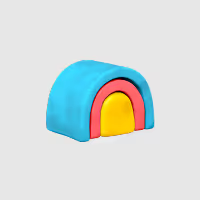

.jpg)
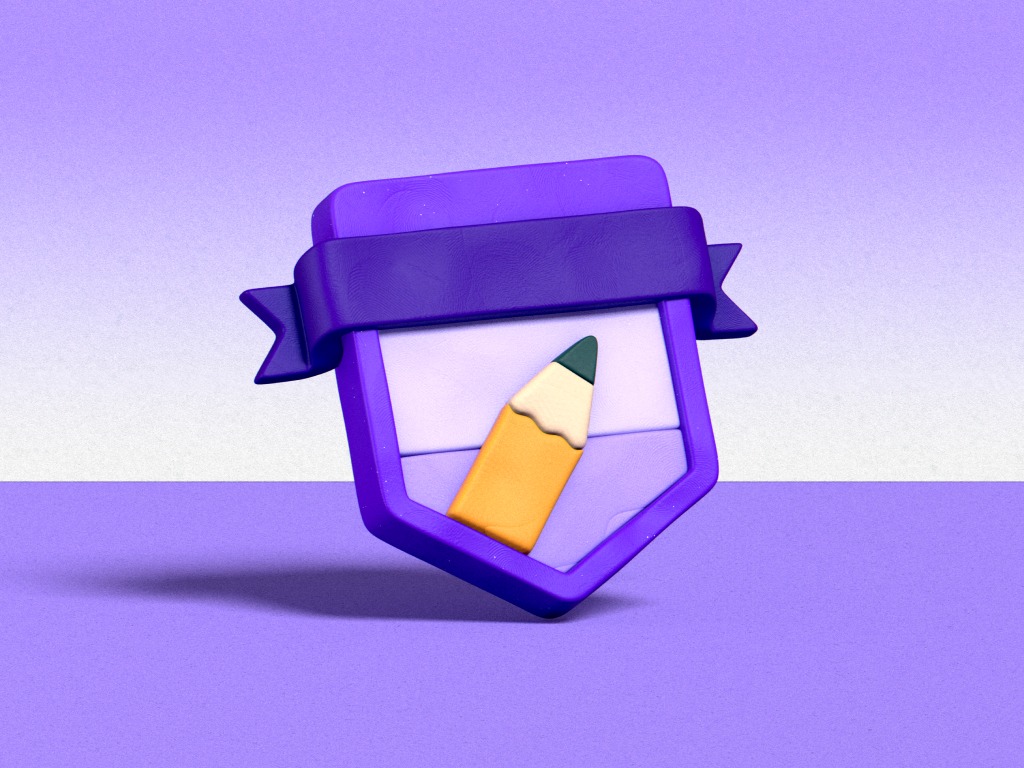

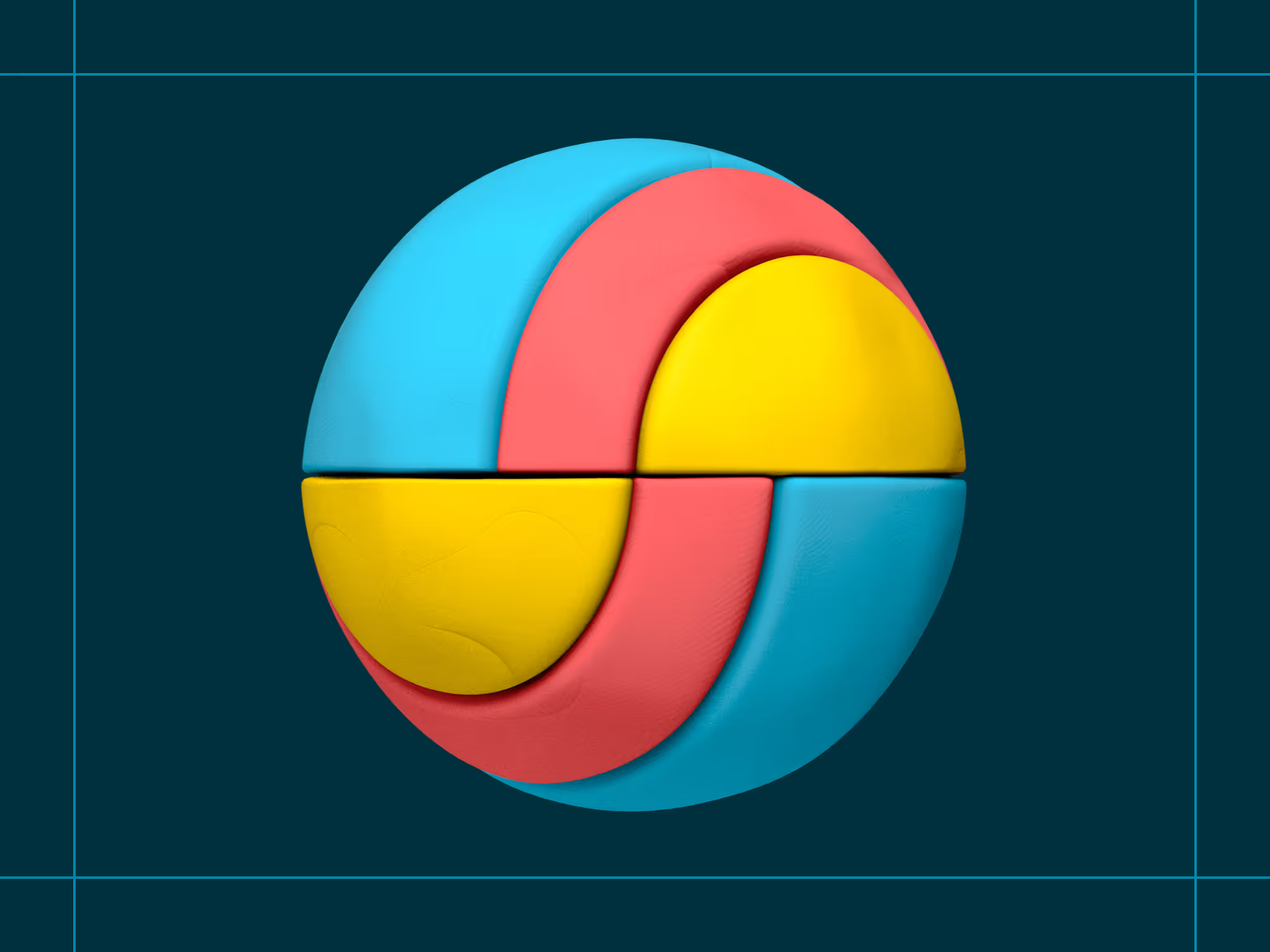
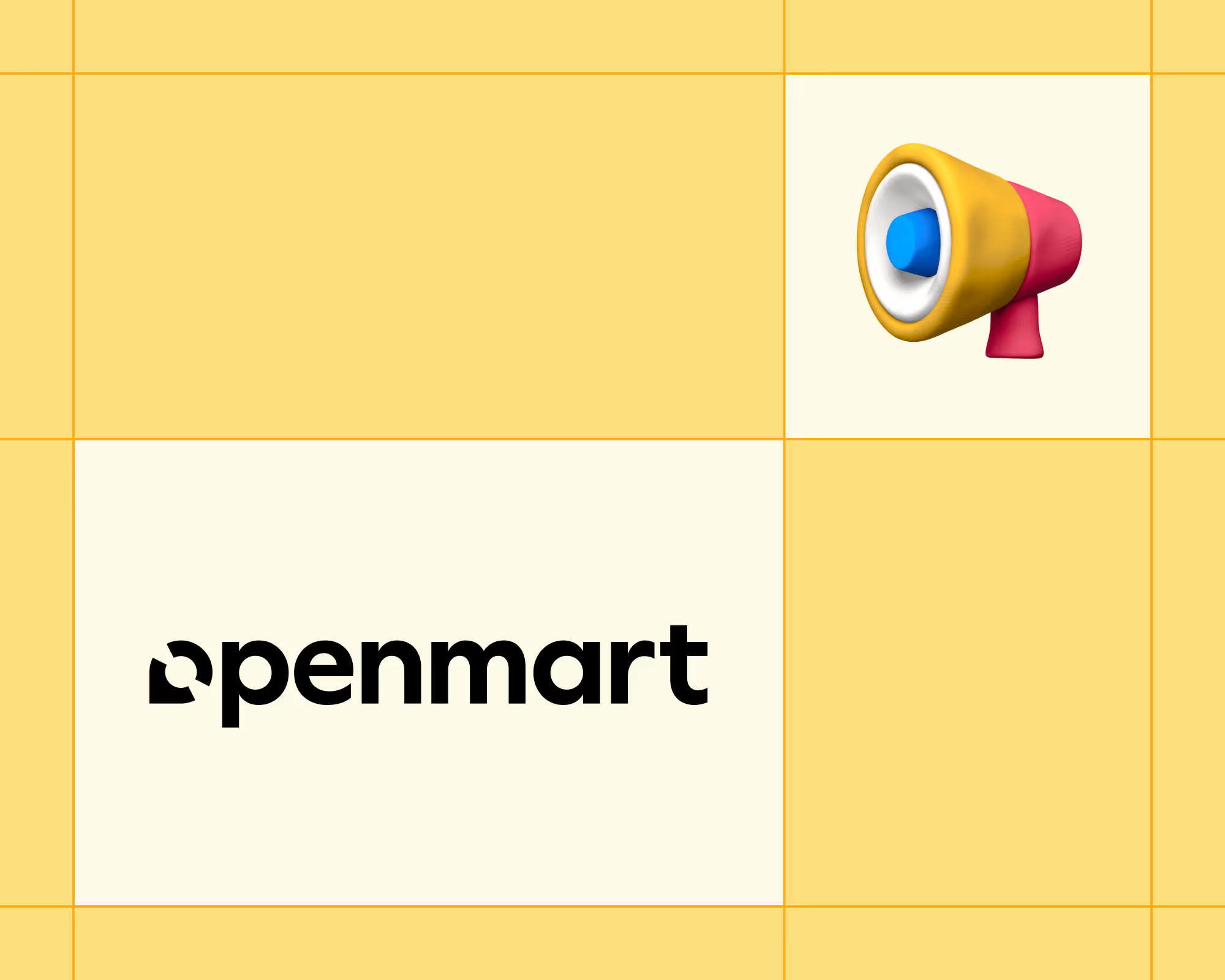
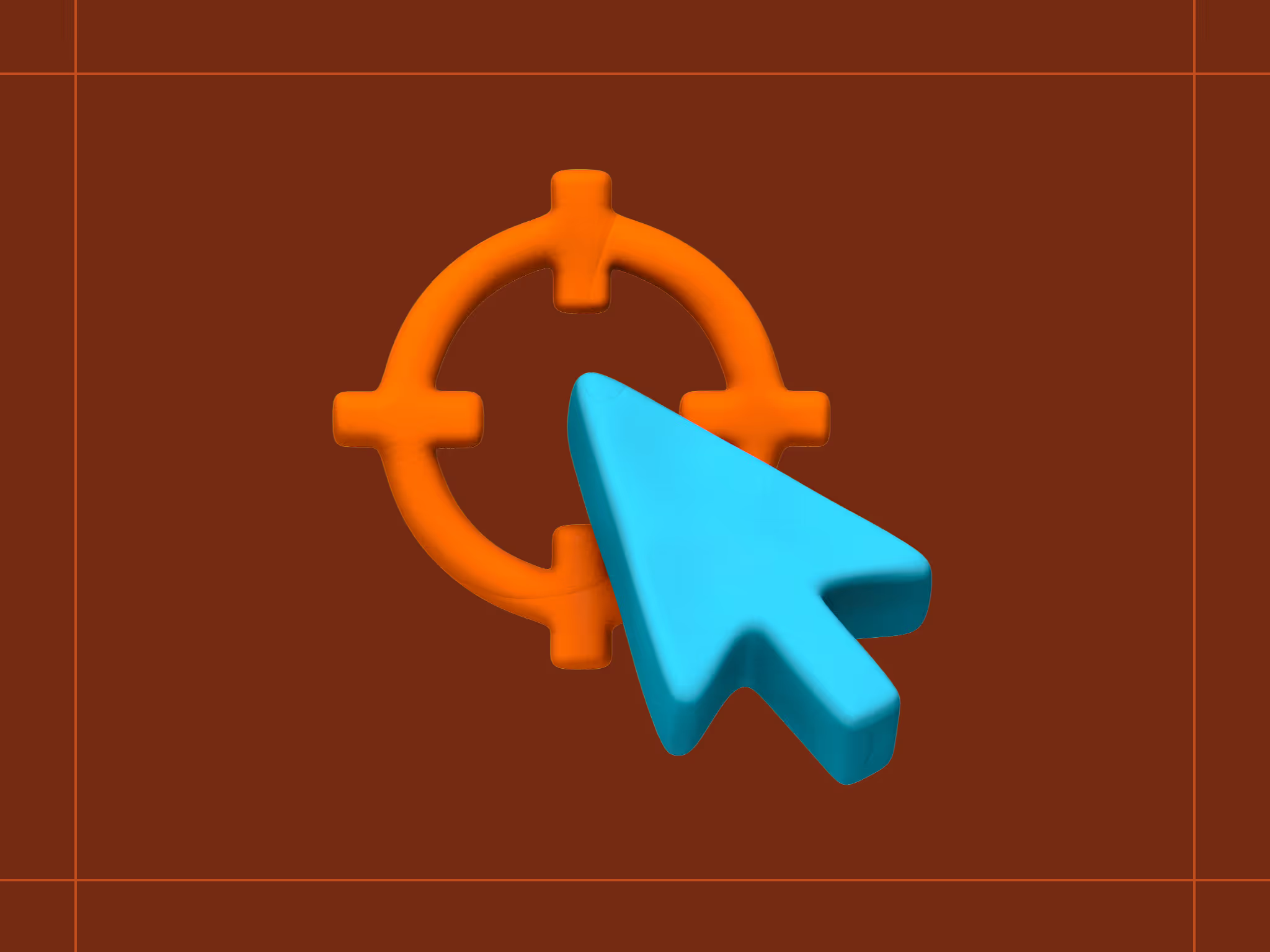
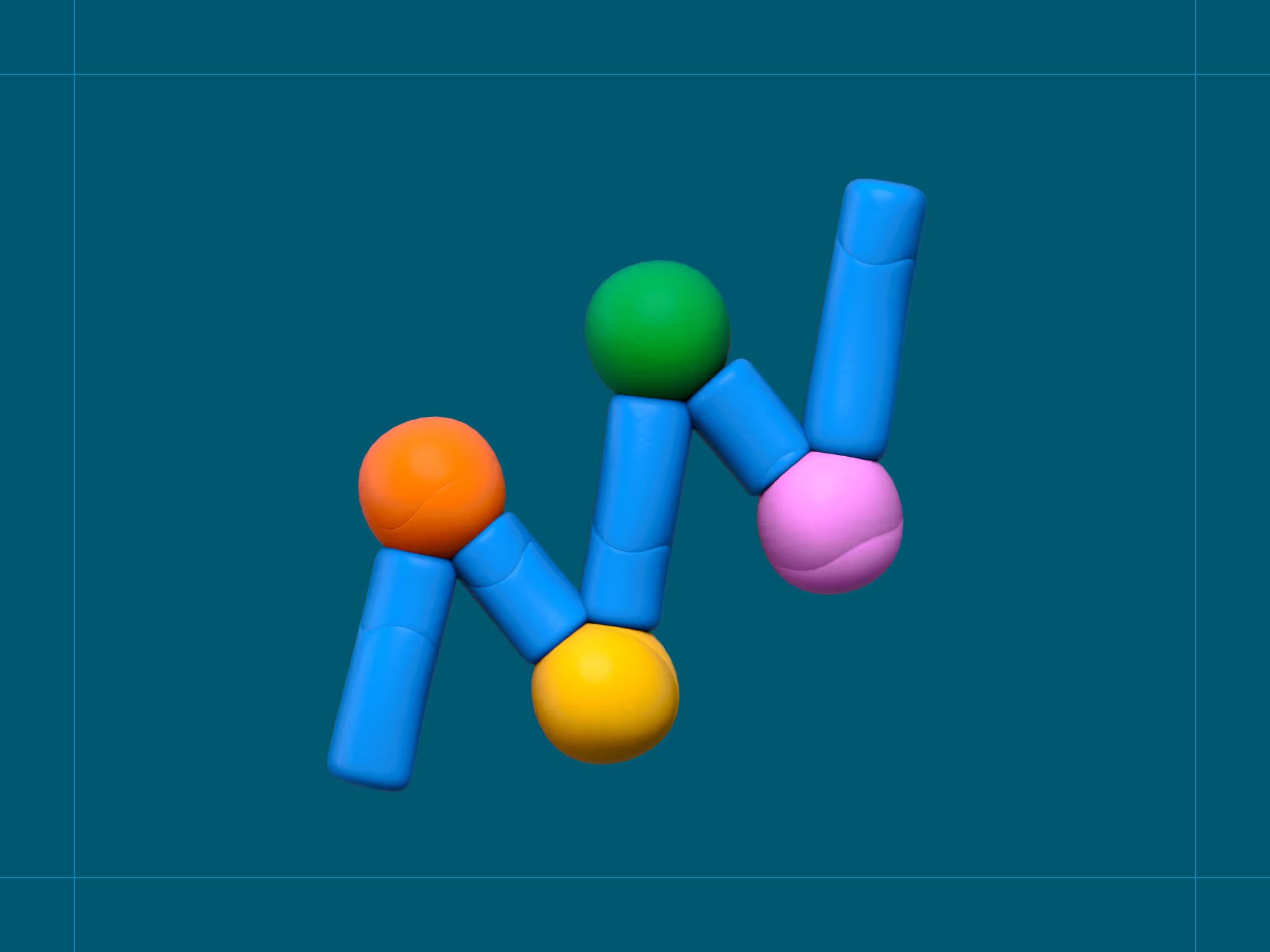
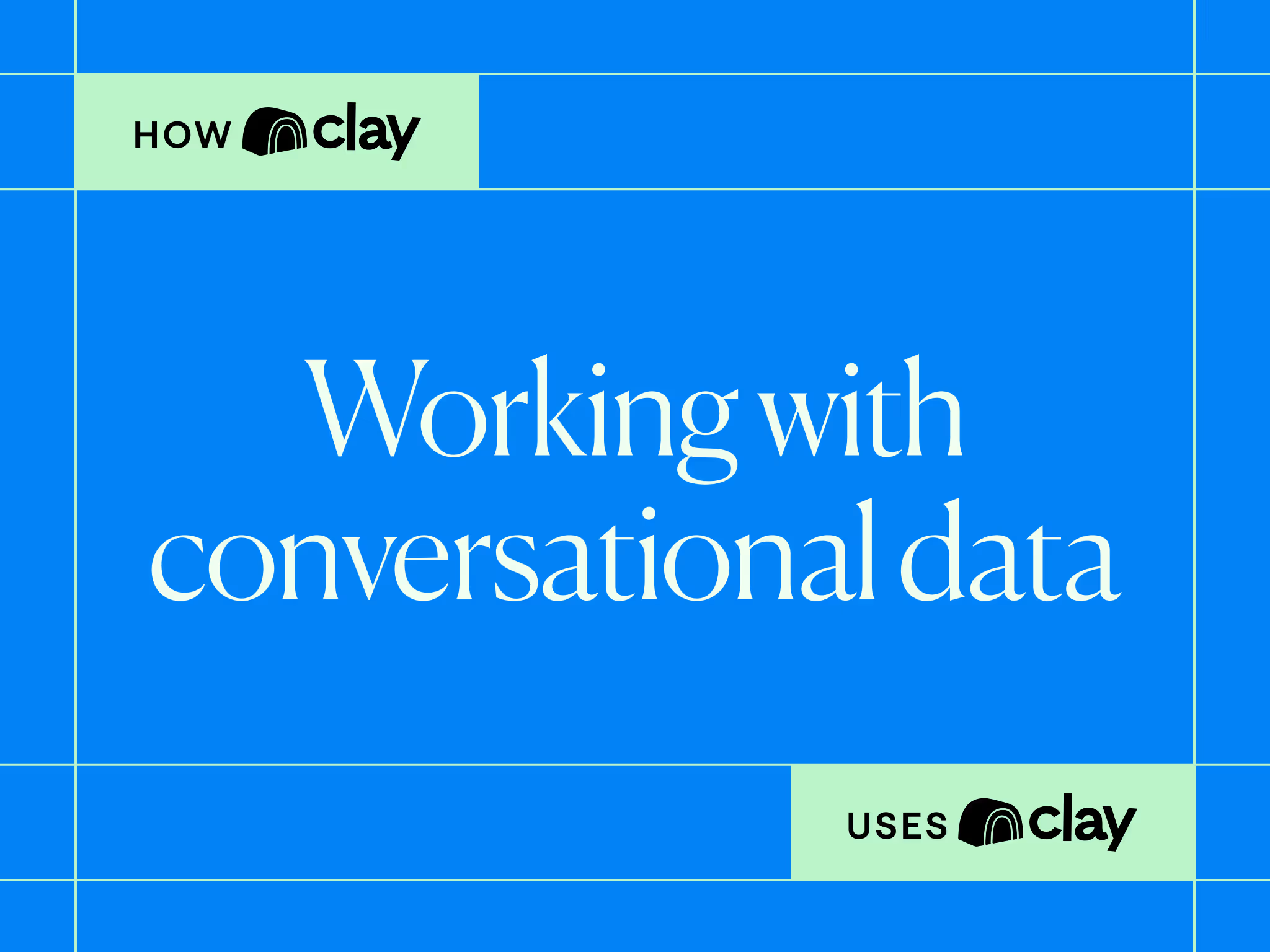
.avif)


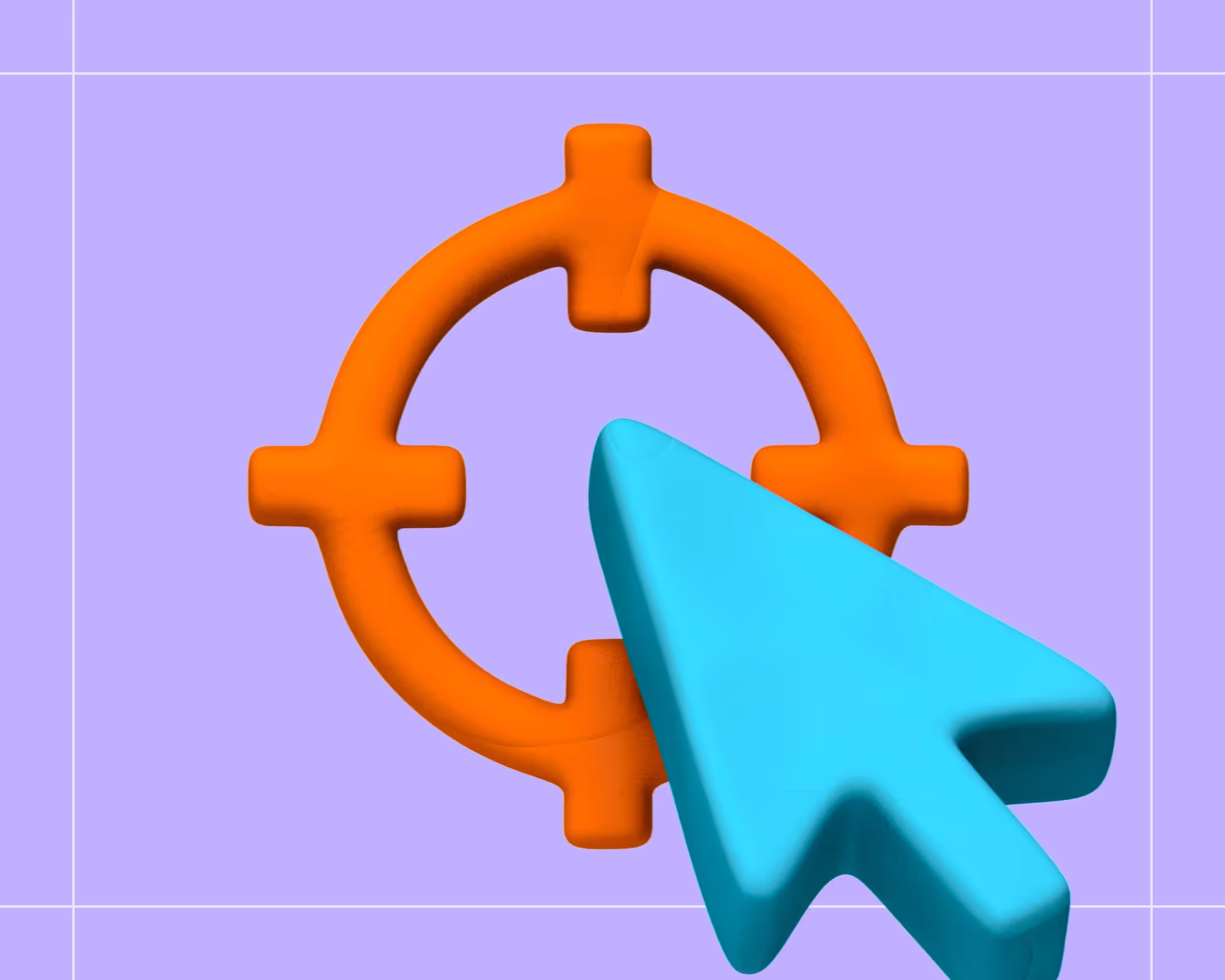
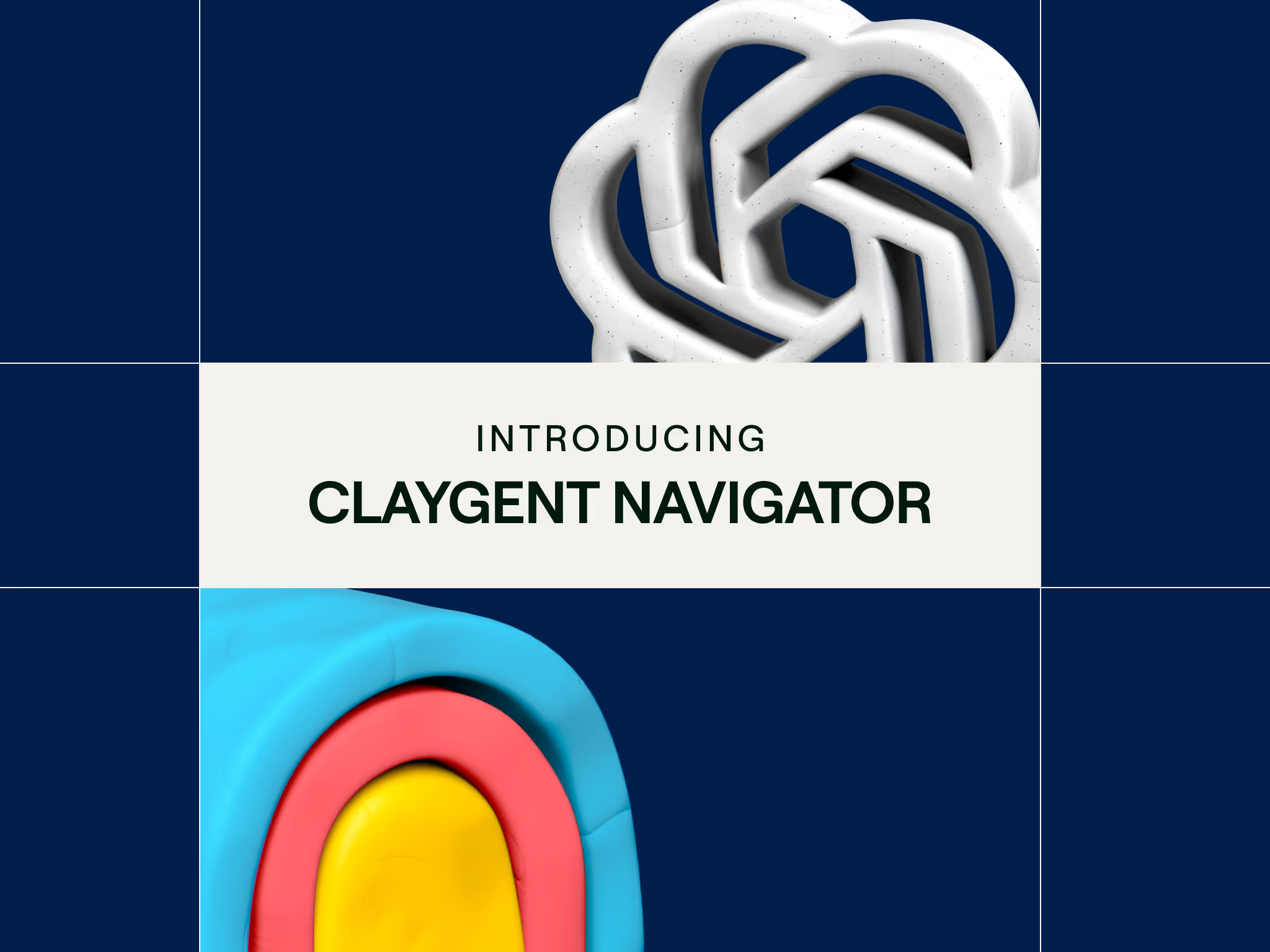
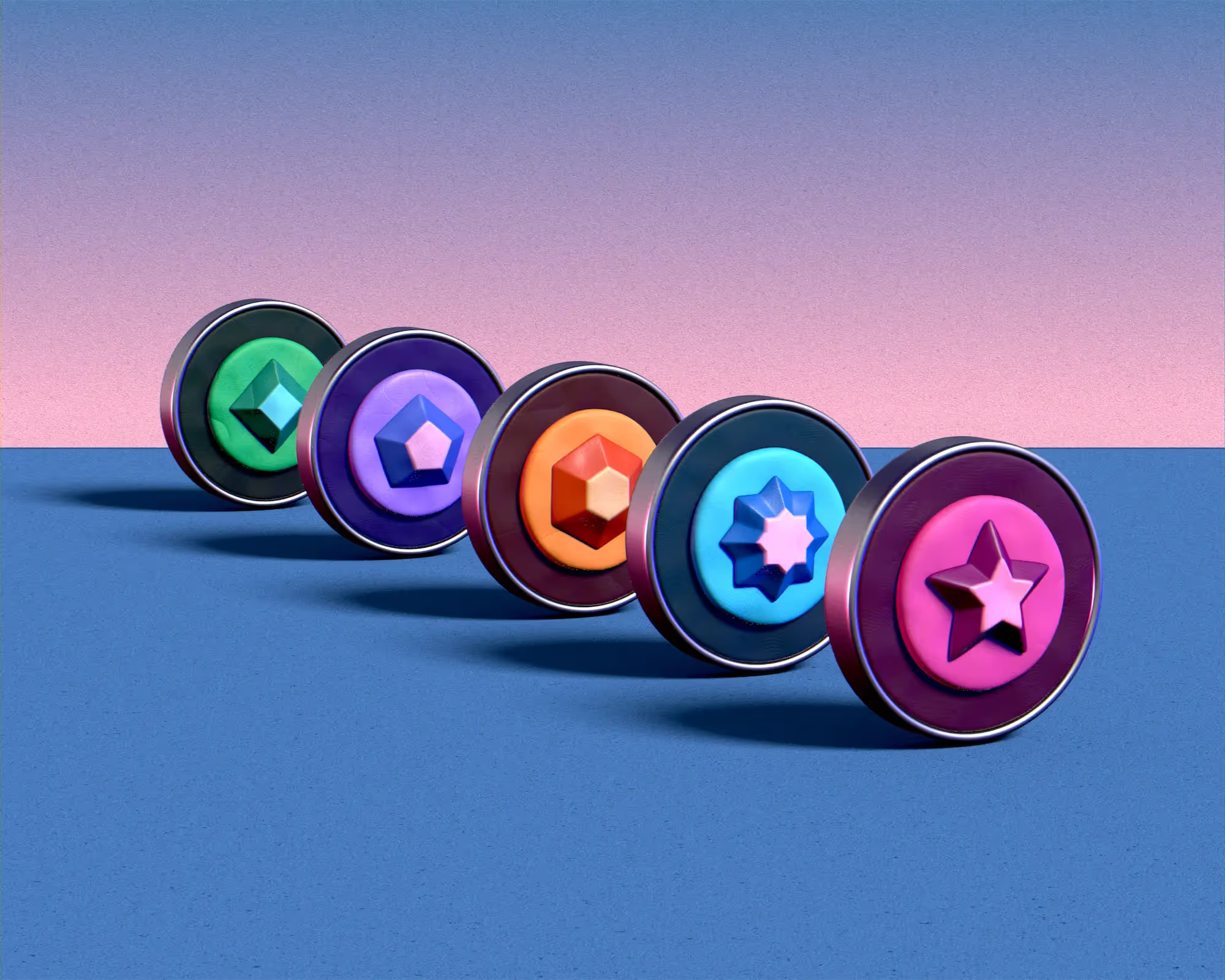

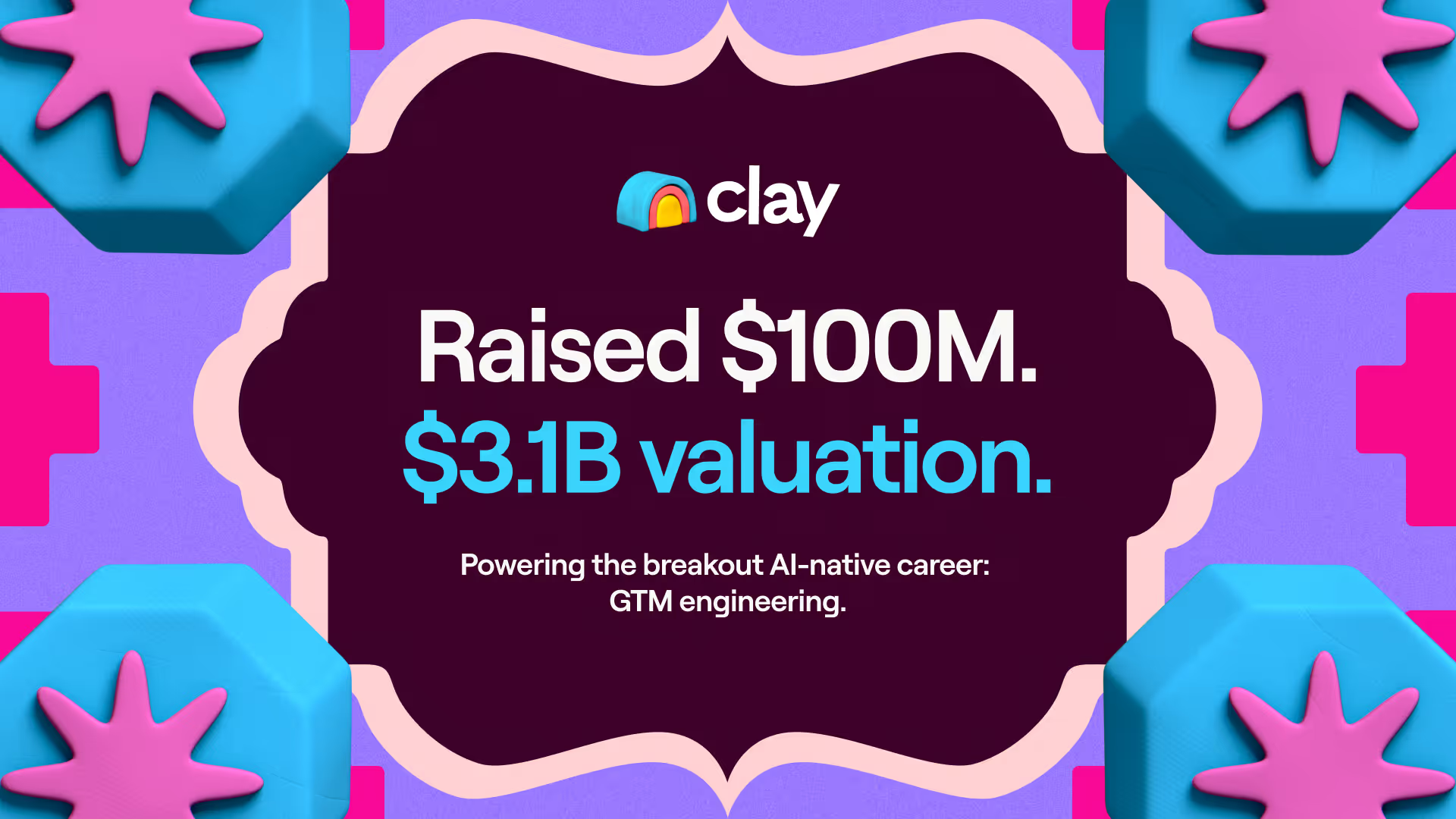
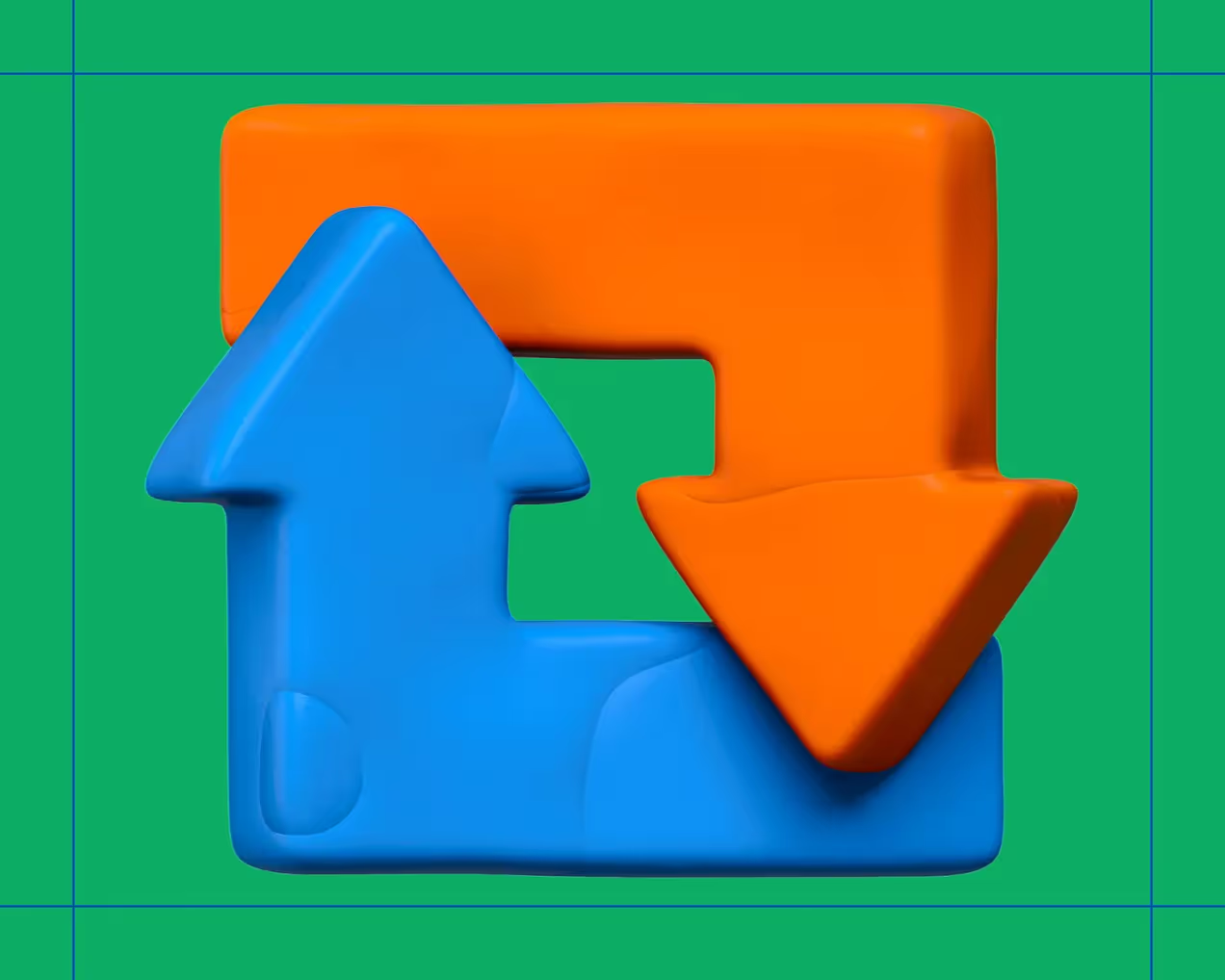


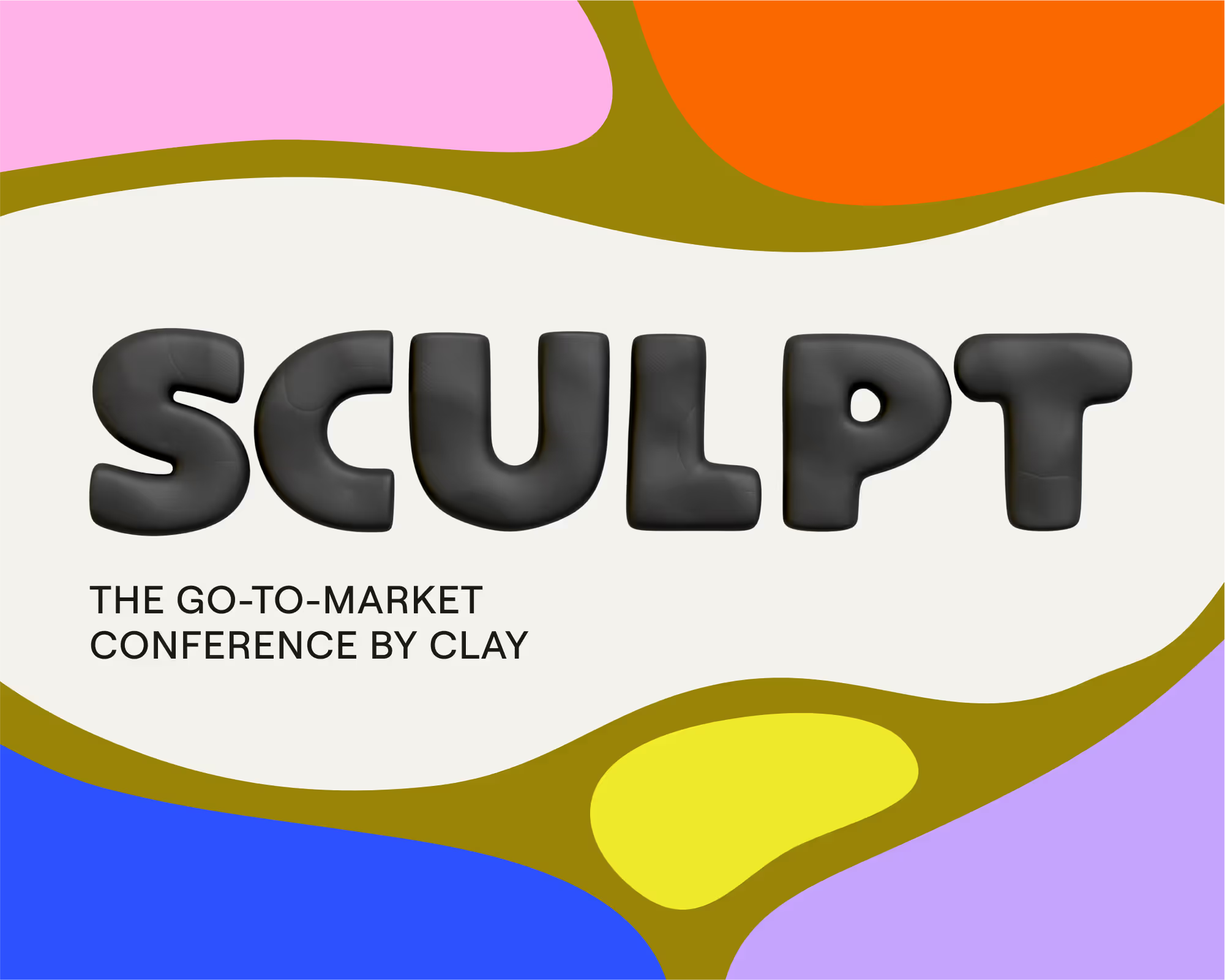
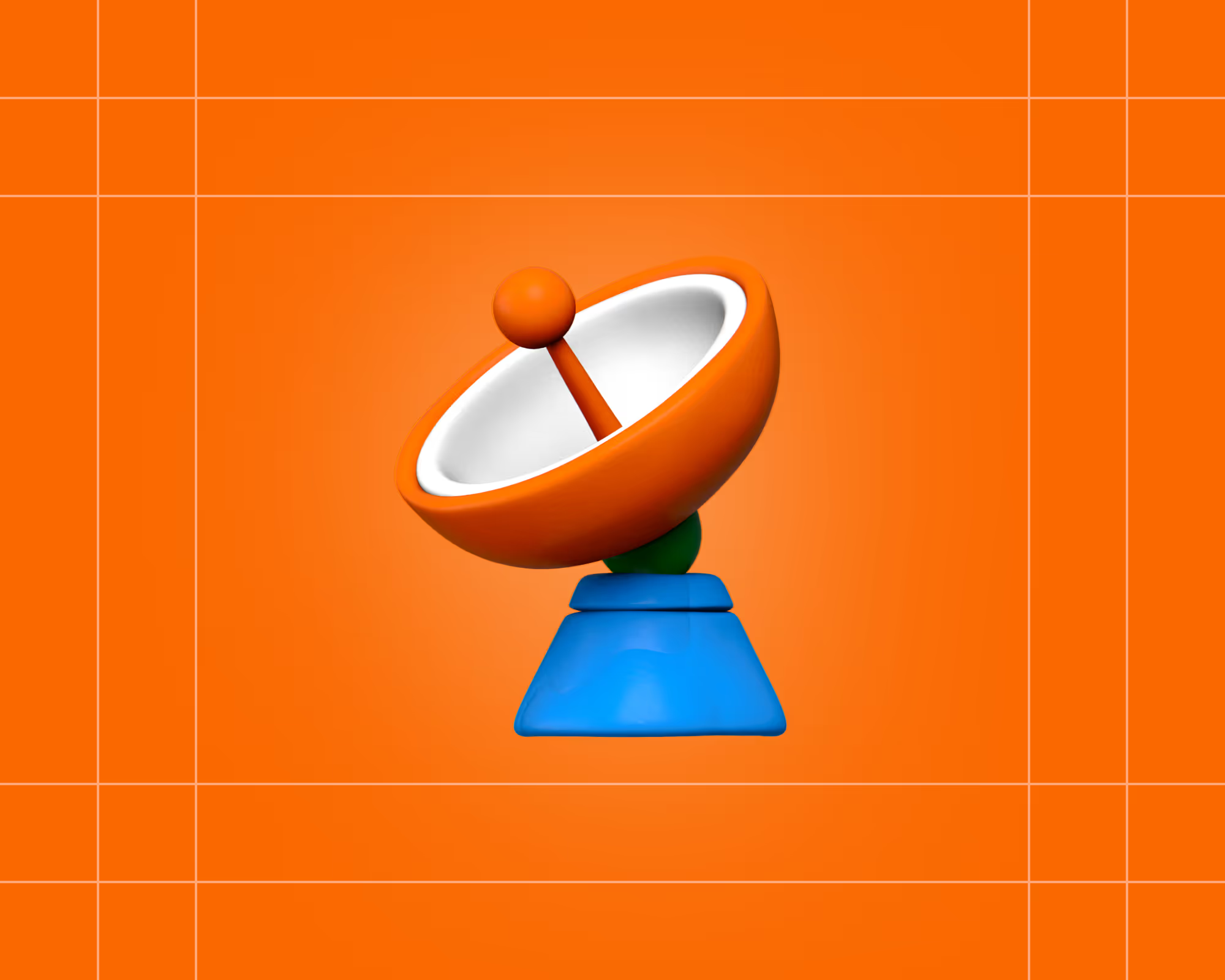

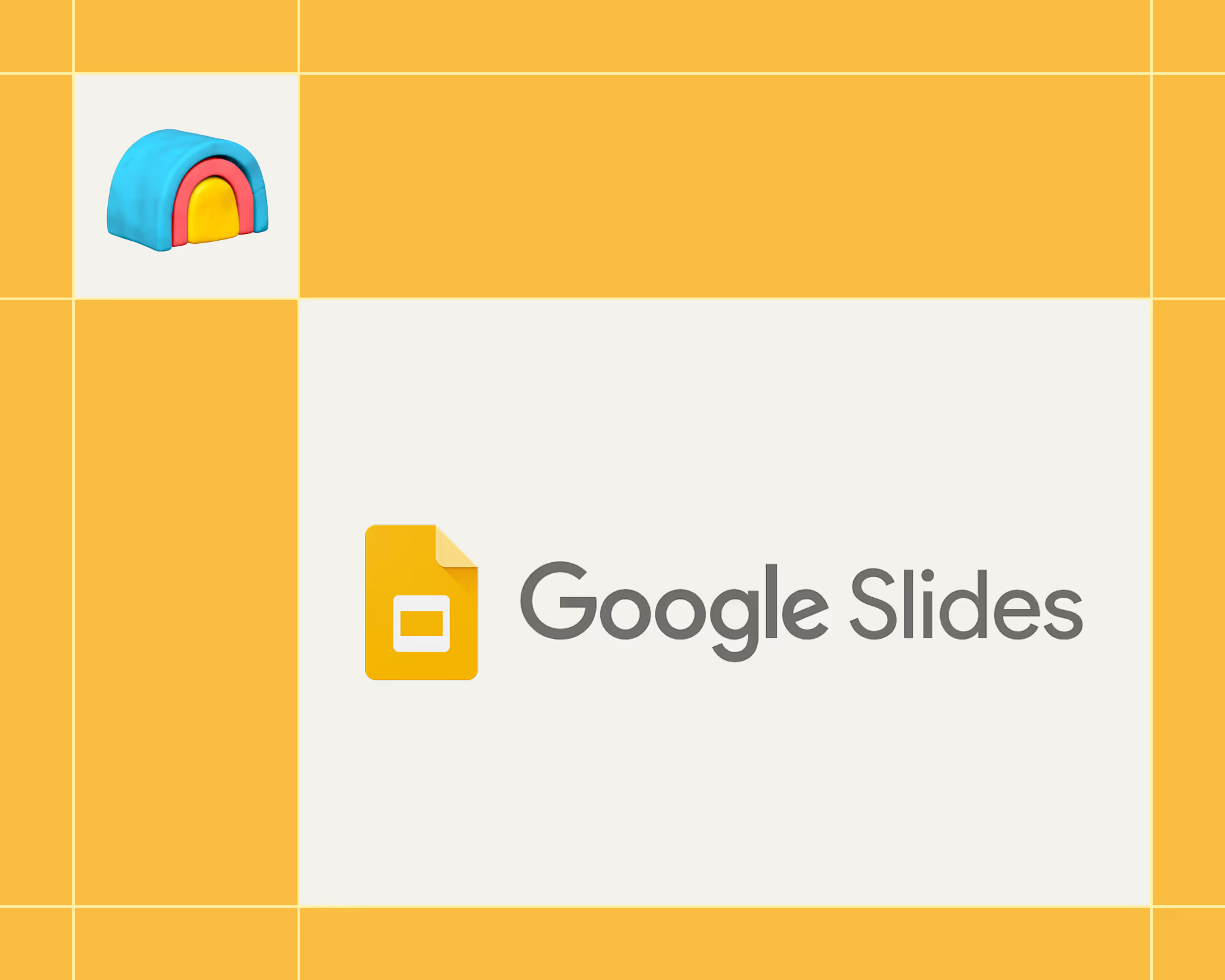
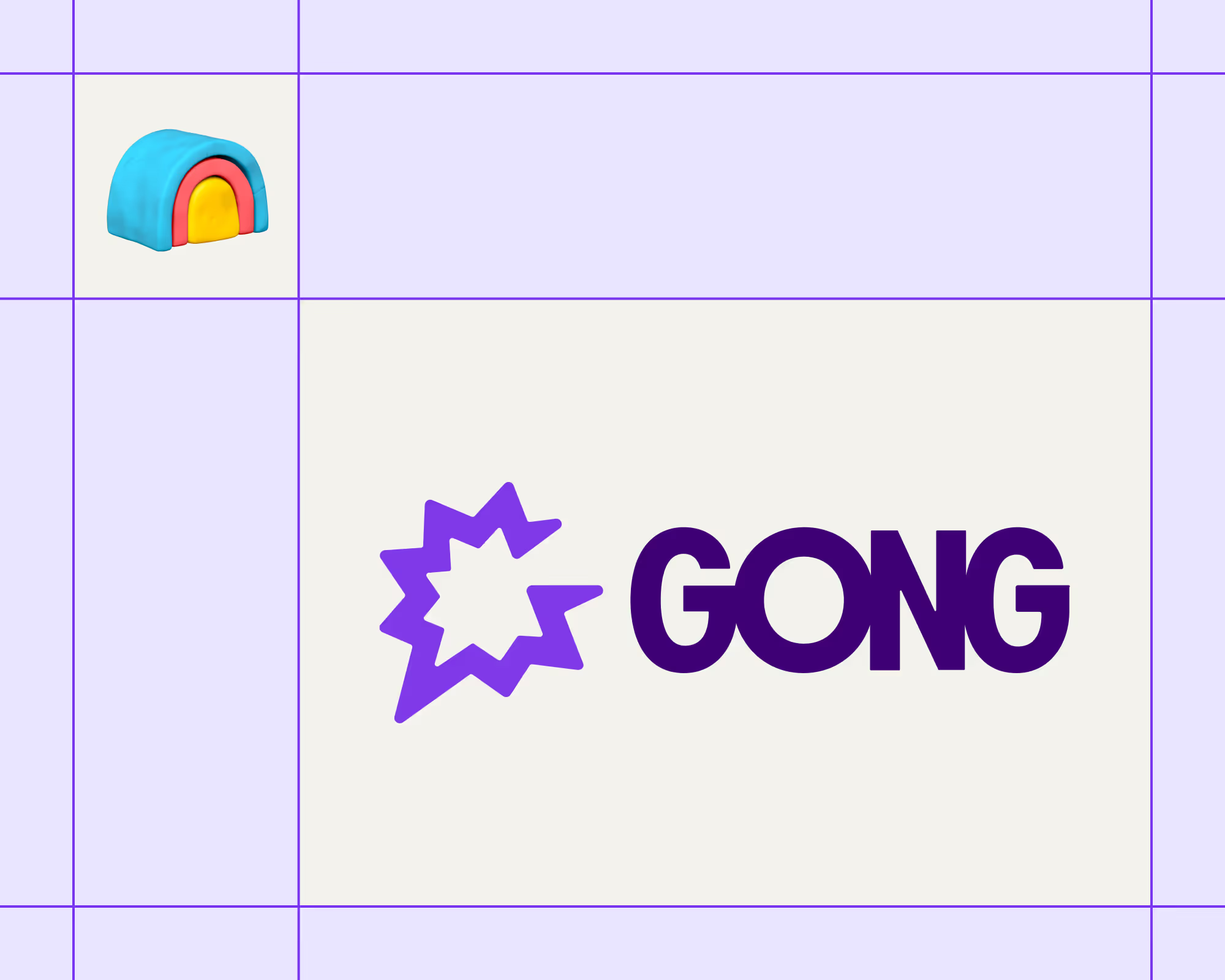

.avif)











.avif)
.avif)






















































